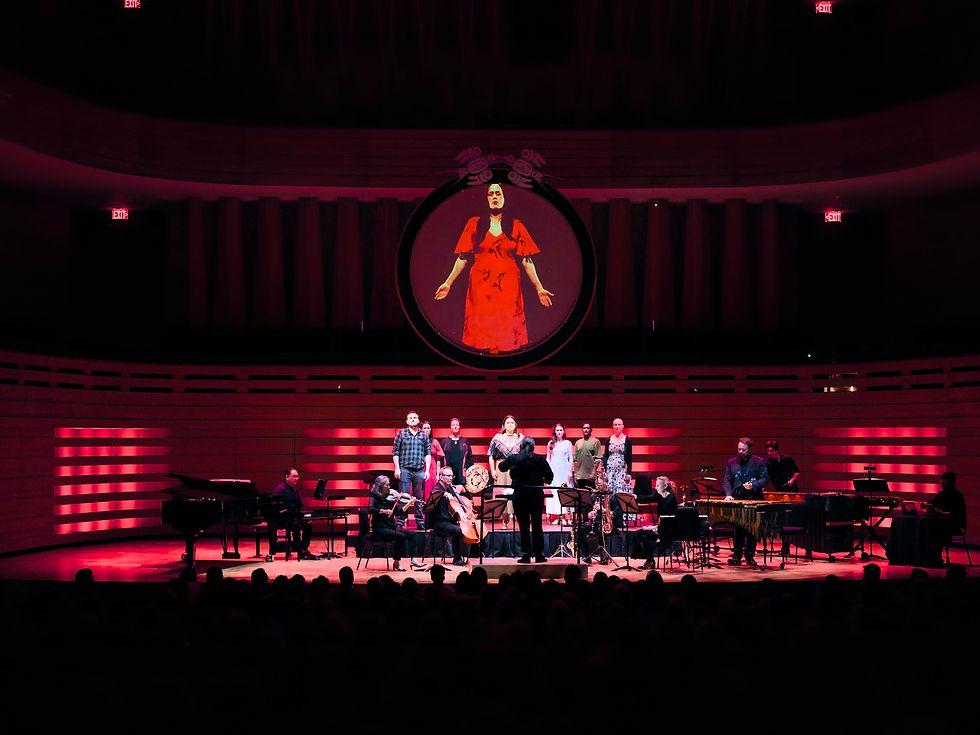The Quatuor Diotima's new CD gets a glowing review!
- Dorothée Jourdain
- Feb 25, 2019
- 2 min read
Updated: Jul 30, 2019

The Quatuor Diotima's new recording of the complete Bartok string quartets was reviewed by Classic Reviews.
Excerpts from the review:
What The Quatuor Diotima brings to the table is a real sense of historical progression, somewhat missing from other sets. The First Quartet sounds as if born from the womb of French impressionism and Austro-Hungarian romanticism (this includes the stylistic approach), rather than playing as if from a clean slate. There is no doubt this piece came from the same pen that produced the late masterpieces for the form, but the Diotima members manage to remind us of its roots, and not just its flashy originalism.
Throughout this set, the Diotima members are most impressive in the difficult, allusive slow movements. We have here, I dare say, some of the best performances on records of these movements, which can be attributed to the groups’ superb control of tone shading, vibrato and rhythmic fluctuation. The second, Adagio Molto movement of the Fifth Quartet – A wonder of the world if there ever was one in classical music – is nothing but superb, sensitive to the lights and shadows created by the tonal instability and to the sense of isolated stillness so needed in this music.
But they can project playful liveliness too when called for, such as in the dance movements of the two late quartets (Tracks 3 and 8 in the third CD). The third movement of the Sixth Quartet is a good example of the uniqueness of this performances – hear how the group starts the “Meso” episode and play the faster “Burletta” with the frightening opening still hanging in the air. Not many ensembles have the control needed to achieve that.
It’s worth mentioning the group is well served by the recording quality – with aspects of the interpretation coming off extremely well, such as in the tremolo at the beginning of the second movement of the Sixth Quartet, rarely heard so clearly.
To read the full review, click here.
To learn more about the quartet, click here.









Comments